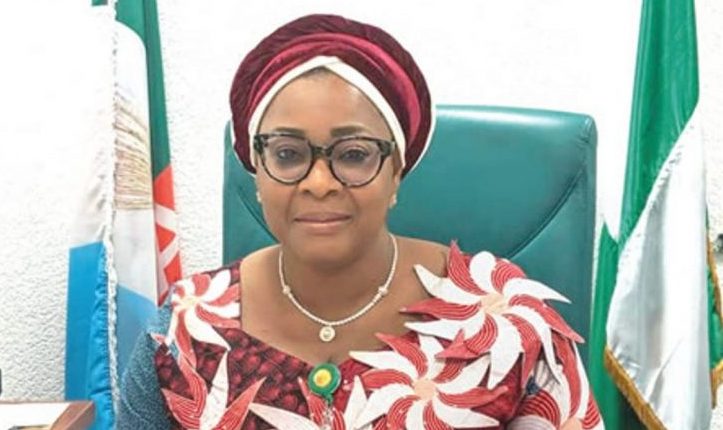The Chairman, House of Representatives Committee on Diaspora, Hon. Tolulope Akande-Sadipe, has queried the insignificant impact of diaspora remittances on the Nigerian economy despite the huge records of remittances received by Nigeria, according to the World Bank.
Hon. Akande-Sadipe made the statement during the NIDO Americas Annual General Meeting and Conference 2020, held virtually, with the theme: “Harnessing Diaspora Human Capital for Sustainable Development in Nigeria.”
She said the World bank estimated that global remittances grew by 10 per cent from $633 billion in 2017 to $689 billion in 2018, with developing countries receiving 77 per cent or $528 billion of the total inflow.
Akande-Sadipe also revealed that in 2017, Nigeria led the continent in terms of remittances, while in 2018, Egypt and Nigeria accounted for the largest inflow into Africa.

The Oluyole Federal Constituency Representative however noted that the officially recorded remittances are much lower than the actual remittances recorded by the World Bank due to unofficial informal channels, saying these informal channels could add at least 50 per cent to the global figures.
Speaking further, Akande-Sadipe said in February, there were discrepancies between the Central Bank of Nigeria, World Bank PwC reports on remittances in Nigeria.
This, she said, provoked the House Committee on Diaspora to initiate an investigation on Diaspora Remittances to correct the current narrative on Diaspora remittances, which resulted in the CBN accepting the initial reporting by the World Bank and PwC.
She further asserted that adequate measures needed to be put in place to ensure accountability and transparency for sustainable national growth and development.
She also charged the Federal Government to design and implement strategies to harness the Nation’s grossly under-utilised potentials in the diaspora.
This, she said, would successfully transition the Nigerian economy from the state of commodity-dominated production to high value-added production.
“Nigerians in Diaspora have been a major force for development in the country through remittances, but there is a need for a more committed strategy for promotion of trade and investments, innovation, knowledge and technology transfers,” she said.
Quoting the United Nations official records, which states that there are about 1.24 million migrants from Nigeria in the diaspora, Akande-Sadipe, who represents Oluyole Federal Constituency, lamented the growing trend in migration from the country and loss of human capital.
She continued: “Nigerians in Diaspora have been a major force for development in the country through remittances, but also, importantly, through promotion of trade and investments, innovation, knowledge and technology transfers.
“We need to continuously engage our people in the diaspora in industrialised countries to provide much needed human, social, and financial capital to help with the country’s economic development.
“For the Nigerian economy to successfully transition from the current state of commodity-dominated production to high value-added production, the government must design and implement strategies to harness our grossly under-utilised diaspora in developed countries.”

